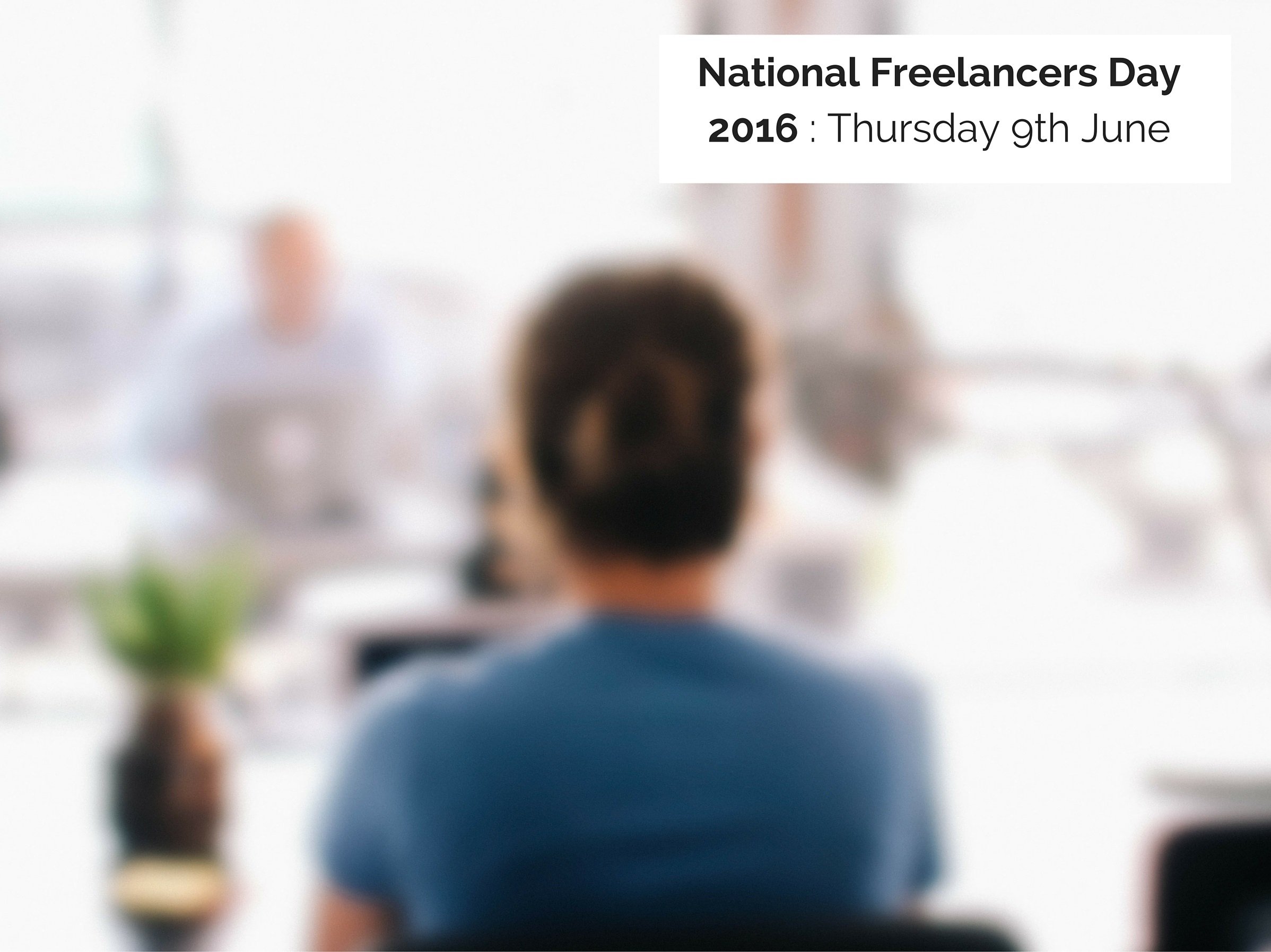Do business mistakes make us stronger? Business tips for success from famous entrepreneurs
“Sometimes when you innovate, you make mistakes. It’s best to admit them quickly and get on with improving your other innovations.” – Steve Jobs.
We all make mistakes; it’s part of life. The key to moving forward is learning from them and changing our approach so that we increase our chances of future success.
Business tips for success: Chris Spencer, CEO of EMIS Group, will be giving a business advice talk at Carrwood Park on 19th July 2016 on overcoming business challenges and learning from mistakes, as part of our Connect Gazelles programme of events. Find out more by clicking on the link below.
The famous entrepreneurs below learned from their business mistakes to achieve later success.
Read on to find out how mistakes in business can shape us as business leaders and bring future success.
Henry Ford and his business blunders
Henry Ford is a name synonymous with global business success. But even one of the world’s most successful entrepreneurs led a number of failed business ventures before hitting the big time.
In 1901, Ford’s first business venture, the Detroit Automobile Company, went bankrupt. Low quality products combined with above market-rate prices provided the ultimate recipe for business failure.
Intent on not giving up, Ford reinvented his first company and gave it a new name – the Henry Ford Company. However, this venture also collapsed due to a dispute Ford had with a business partner.
Even the resolute entrepreneur’s third company was destined to go down the same route of failure, principally due to low sale figure.
It was only thanks to the help of an angel investor that Henry Ford was finally given another chance to shine. The Ford Motor Company was rescued and went on to become one of the biggest symbols of business success.
Richard Branson and his start-up stumble
With more than 8 million followers on LinkedIn, Branson is hailed as the most popular entrepreneur in the world. But even he isn’t immune to making mistakes – Branson’s early career start-ups were beset with mistakes, problems and setbacks.
His first business venture, a student magazine, saw the entrepreneur get arrested for breaking laws that prohibited publishing advice on remedies for venereal disease. His second venture, Virgin Records Shop, didn’t fare much better, being hit with cash-flow problems. According to Real Business, Branson even pretended to buy records for export in order to avoid paying excise tax on sales!
Even Branson’s Virgin Atlantic venture didn’t run smoothly. During the company’s early days in the 1980s, a bird flew into an uninsured plane engine during a government certification flight, resulting in an explosion.
But as we’ve seen, Branson took everything on the chin and learned from his mistakes. The CEO of the Virgin Group now has a net worth of approximately $5.1 billion!
So, how do business mistakes make us stronger?
(1) Tenacity
The valuable learning experience that mistakes give can help make us stronger and wiser in the long run. The key is to keep trying and not give up.
As Henry Ford proved, tenacity is a valuable quality for business success. If at first you don’t succeed… try, try and try again!
(2) Problem-solving proficiency
The most successful entrepreneurs and business owners are proficient in finding solutions to problems and setbacks.
CPA Australia CEO, Alex Malley, believes mistakes make you stronger and smarter:
“Taking a moment to solve the problem, or at least making an effort to do so, will garner you a lot more respect from your manager and colleagues. Think through the issue rationally and objectively. Ask yourself: What caused the mistake? Who will need to be made aware of it? And what is a potential solution?”
Mistakes develop our solution-finding skills, as they force us to seek out better alternatives.
(3) Courage and accountability
Overcoming mistakes helps us to fear them less and face them with courage. Having the courage to step up and be accountable is a key trait of a great business leader.
(4) Composure under pressure
The most successful business people remain calm in a crisis. Composure under pressure is one of the key symbols in business proficiency. Repeated exposure to high stakes decision-making (and dealing with the occasional big mistake as a result) brings valuable business experience.
Experienced business leaders are then able to avoid making rash and impulsive decisions and instead find a solution or change direction. They take the time for emotions to subside and to rationally think about the situation and how to remedy it successfully.
Learn more about this topic at this month’s Connect Gazelles masterclass at Carrwood Park:

Chris Spencer, CEO of EMIS Group (UK leaders in healthcare software and services), is no stranger to business challenges and the experience they can bring.
Chris Spencer masterclass: ‘What doesn’t kill us makes us stronger’
On 19th July, Chris Spencer will be giving a masterclass related to how business mistakes can make us stronger. This free event explores how we learn from the challenges we have to overcome.
Chris Spencer will look at how EMIS Group has had to face many challenges. Since becoming CEO for EMIS Group in 2013, the company has seen its net profits increase from £20 million in December 2012 to £32 million in December 2014.
The event is taking place at Carrwood Park on 19 July 2016 from 17:30 until 20:00.
For more help in Leeds for business owners, ask about other WorkWell business networking events in Leeds.
WorkWell on the outskirts of Leeds provides stylish, comfortable, modern and well-facilitated meeting rooms for hire in Leeds.
To help improve the image of your business through quality serviced offices in Leeds, get in touch with the team at Carrwood Park to book a viewing.




 Freelancers, the unsung heroes of Britain’s business landscape and economy, are to be celebrated and recognised next week as part of National Freelancers Day.
Freelancers, the unsung heroes of Britain’s business landscape and economy, are to be celebrated and recognised next week as part of National Freelancers Day.




